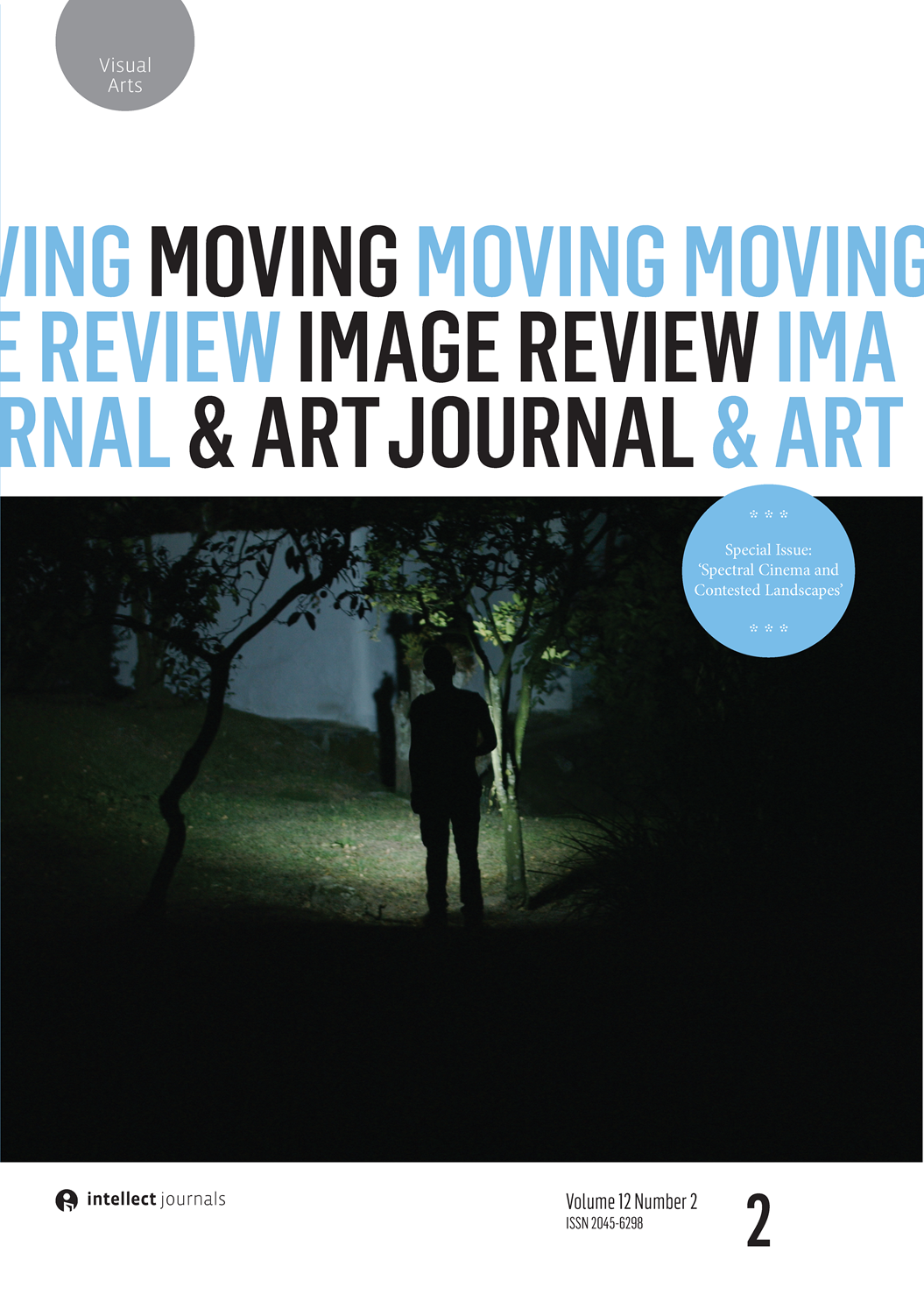
Full text loading...

This article examines the layers of vistas of landscape, archival audio, ambient sound and documentation of history and culture in Los Angeles–based filmmaker Tuni Chatterji’s experimental documentary film Okul Nodi (Endless River) (2012). Chatterji’s film consists mainly of luminous shots of boatmen travelling along Bangladeshi rivers. During key sequences, recordings of Bangladeshi boatmen’s songs known as bhatiyali are heard on the soundtrack. Interspersed among these shots and tracks are brief interview scenes with anthropologists and archivists of this musical form and musicians who perform or study the genre. This article shows how the film fuses experimental filmic approaches from artisanal to structural with documentary, ethnographic and archival modes, including that of ‘ecocinema’, highlighting questions of seeing and knowing. It also traces how the film obliquely brings to light a history of twentieth-century engagement with and archiving of this musical genre on the part of collectors of folk and Indigenous music, as well as radical subcontinental modern artists, thinkers and activists across Partition’s borders.

Article metrics loading...

Full text loading...
References


Data & Media loading...

Publication Date:
https://doi.org/10.1386/miraj_00083_1 Published content will be available immediately after check-out or when it is released in case of a pre-order. Please make sure to be logged in to see all available purchase options.